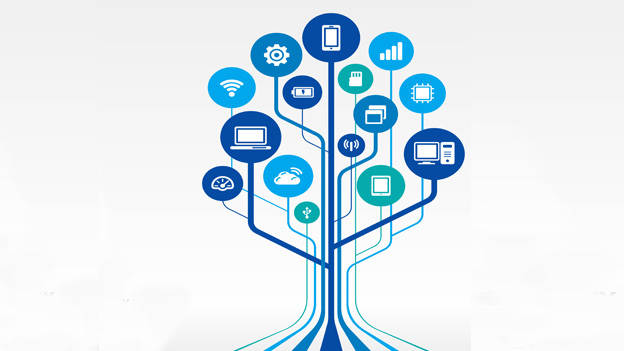The future of talent management landscape

Businesses have never done as much hiring as they do today. Across all domains, organisations are in constant need of good quality employees with talent and aptitude for the jobs. To remain competitive in today’s changing world of work, organizations are re-evaluating their talent management strategy.
The talent management (TM) landscape is constantly changing and is no longer simply a functional aspect of HR. It has become an essential part of business strategy. The past few years and the COVID-19 pandemic have shown us increased use of technology in HR. With processes like remote/hybrid work and virtual onboarding becoming the new normal, the importance of HR tech is greater than ever.
Organisations need to stay in step with trends in digital and human spheres for a holistic approach towards the entire employee experience. Technological advancements have led to the genesis of the talent management software (TMS), an integrated system that includes recruiting solutions, learning and management, performance management, planning and many more.
While many organisations have already begun their digital transformation journey, we will see increased adoption and integration of advanced TMS for the entire life-cycle of talent management in future. A variety of TM technologies are helping HR professionals to be more strategic, more informed, and manage their biggest challenges today, with other technologies soon to appear on the horizon.
The ‘single system of record’ or ‘employee self-service (ESS) system’ is no longer the right approach. There is a new set of software to create end-to-end employee journeys and provide an impeccable employee experience supercharging employee engagement and culture. This new market, the “employee experience platform” market, will be a hot space in coming times.
There is a need for anywhere operations. Signs indicate that the remote work trend will continue even if the pandemic wraps up. Integration of digital technologies to enable employees to work, collaborate and deliver from anywhere, be it remote, hybrid, various locations and time zones is the way forward. A wide range of tools are already available for remote work but we will see further upgrades in the near future.
Talent managers and leaders are increasingly adopting technologies like Artificial Intelligence (AI), Machine Learning (ML), Data Analytics and Cloud in their talent management ecosystem. Recruiting is a big AI market in HR, with AI-based sourcing, assessment, screening, interviewing, and candidate experience management. HR leaders are leveraging data, intelligent algorithms, and social sensing tools to make recruitment more effective
Skilling and reskilling is a critical area of talent management. It’s important to establish training and reskilling pathways to transition people to new or evolved roles. To integrate an effective system and accelerate employee training and development, augmented reality (AR) and virtual reality (VR) will play a bigger role. Hyper-automation is another important area of automated tasks. Transactional tasks are being assigned to bots which can enhance employee experience by immediately providing workers with the information they need. Chatbots can also interact with promising candidates before in-person job interviews to help reduce the time-consuming hiring process.
One prominent trend is augmented analytics, a data-driven method that uses machine learning and language processing to automate insights. Augmented analytics evaluates and analyses employee data to generate better insights, spot trends, and keep track of key indicators. These insights are then presented in easy-to-understand, conversational format data.
Companies rarely find the best fitting people for their open positions right away. HR scouts LinkedIn and social media to find potential candidates. However, these platforms have become too massy, highly cluttered and irrelevant and are unable to deliver focused requirements.
Sector-specific platform is the buzzword for fulfilling professional needs. These platforms are driving meaningful engagements and are fostering a strong employer-employee relationship, which can enable leaders to find and hire employees who fit into the teams and contribute to the workplace environment.
The future of human resource management is closely intertwined with technology. The industry, specifically talent management, is in the midst of massive change. The companies that embrace these shifts and continually reinvent their talent management will be better positioned for lasting success. And that process starts with picking the right technologies and tools that can improve diversity in the workplace, enhance the employee experience, retain and attract employees, increase staff engagement, drive productivity, and so much more.












